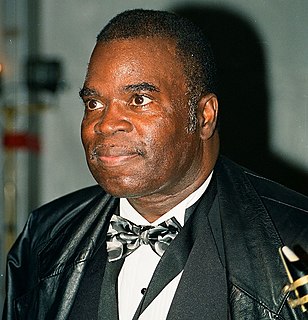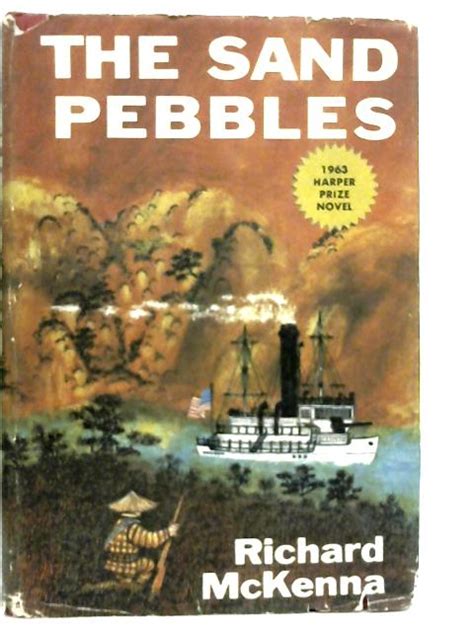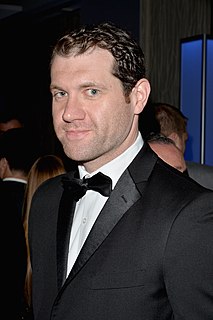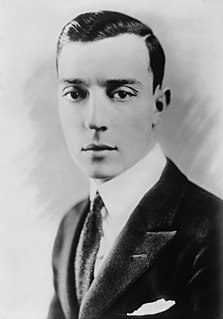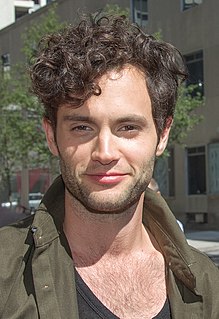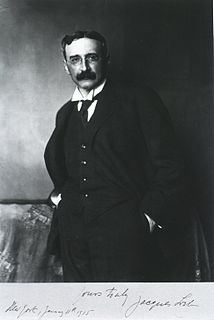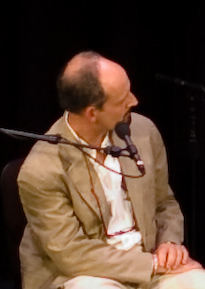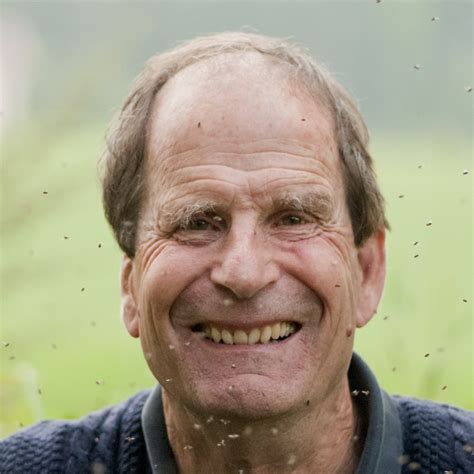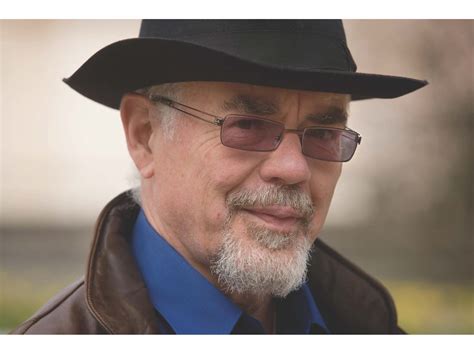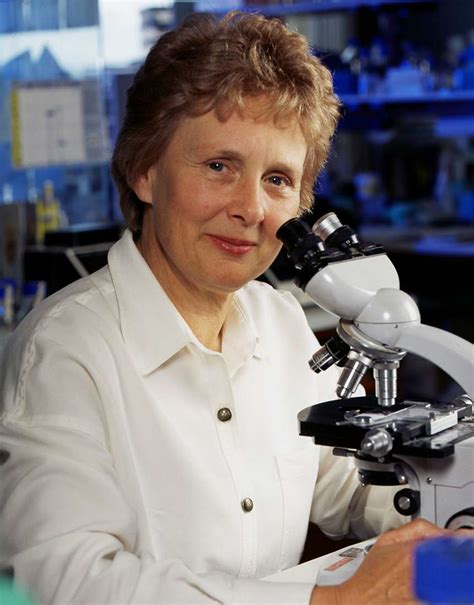A Quote by George Schaller
My interest in wildlife began early and I don't know how early because it's the only thing I've ever been interested in. I've always had a certain curiosity, a certain wonder about the natural world. I like to be outdoors.
Related Quotes
I didn't quite know whether I was writing for the non-Muslim or the Muslim, and at the end of the day I'm writing, I hope, for people who are interested, whatever their faith. Even if they don't have any faith. As a barrister I had certain advantages - I could think like a lawyer and I knew how all the laws were fitted together and all the rest of it. One of the things I realized pretty early on while I was writing book about Shari'a was that that was as much a hinderance as it was a help because the Shari'a isn't just a system of rules.
When I grew up, the thing boys would do during the summer is work tobacco because it was a cheap product back then. I didn't want to do that. From an early, early, early age, I was like, 'I like music. This performing thing comes easy.' And perhaps that's how I ended up doing what I'm doing today. Being a musician.
The first thing I did in the studio was to want to tear that camera to pieces. I had to know how that film got into the cutting room, what you did to it in there, how you projected it, how you finally got the picture together, how you made things match. The technical part of pictures is what interested me. Material was the last thing in the world I thought about. You only had to turn me loose on the set and I`d have material in two minutes, because I`d been doing it all my life.
There are times when you have sharp elbows, and people are trying to muscle you out of certain meetings - because then people could leak to the press that you had a role in certain decisions. I, at twenty-six, was very impatient and didn't know how to keep my powder dry. I was running a team of seventy-five people when I had never been a boss. I was the worst boss ever.
Seriously. It was running out at Rolling Stone. First of all, they didn't feel the need for a dissident conservative voice in a world where certain conservative aspects had become intellectually dominant. I would actually argue against that, but on the surface of it, in the [Bill] Clinton years the market economy triumphed, certain libertarian ideas became ordinary, and certain early-20th-century ideas about centralization of government and economic planning and socialism with a small "s" had obviously gone out the window. The Cold War was over, blah blah blah.
I don't think it is enough appreciated how much an outdoor book the Bible is. It is a "hypaethral book," such as Thoreau talked about - a book open to the sky. It is best read and understood outdoors, and the farther outdoors the better. Or that has been my experience of it. Passages that within walls seem improbable or incredible, outdoors seem merely natural. This is because outdoors we are confronted everywhere with wonders; we see that the miraculous is not extraordinary but the common mode of existence. It is our daily bread.
The Russians have been flying long duration crews since the early '70's. And in the early days, they've ended at least two missions early because of conflicts within the crew. So, they learned early on the importance of studying this and making sure you put the right crew together. Since we began our work together on the International Space station with the Russians in the early 2000's, NASA has started to learn the importance of this kind of work. And so, I think it's important work and we are not fully onboard and recognize it as important.




